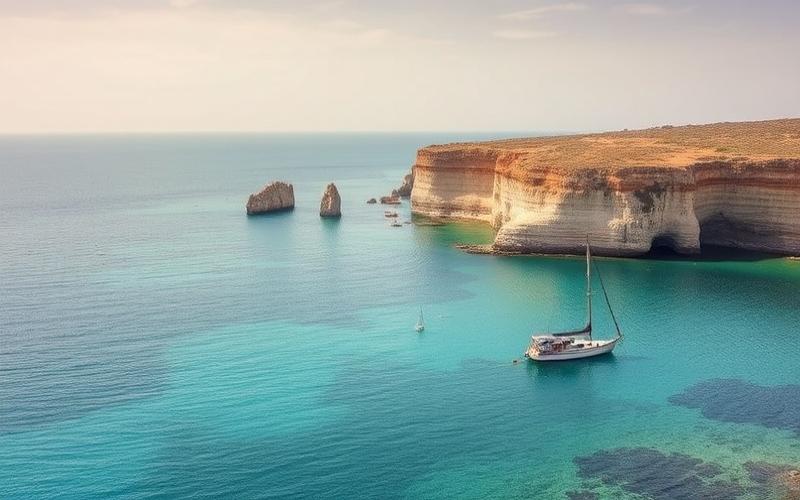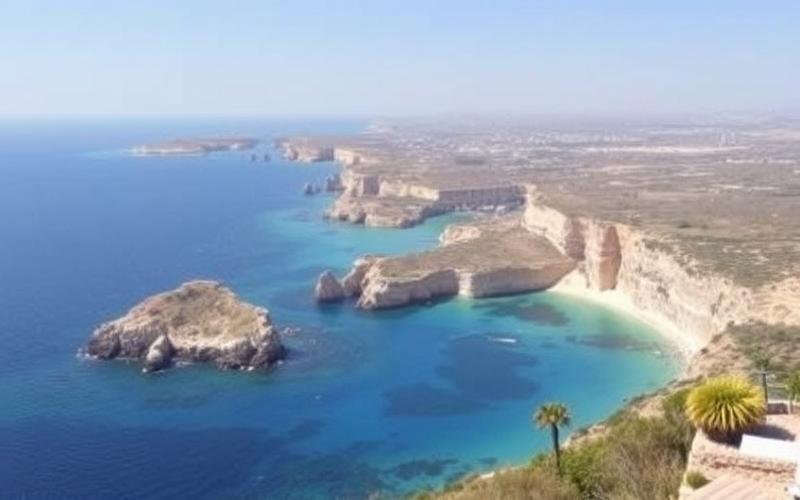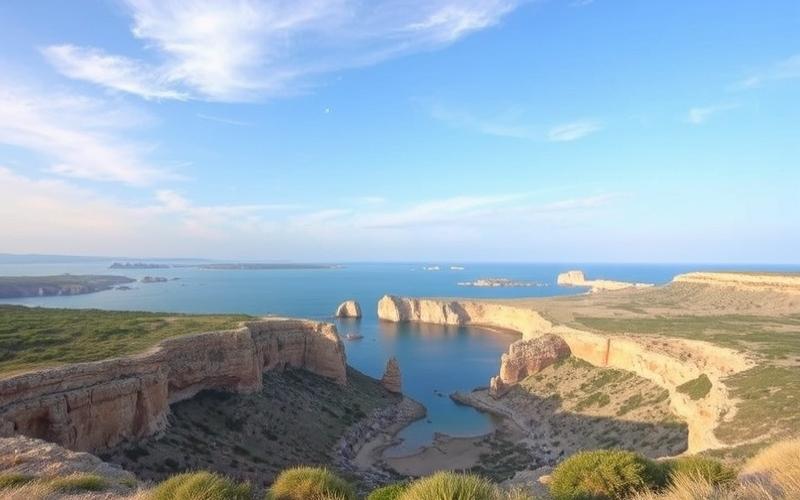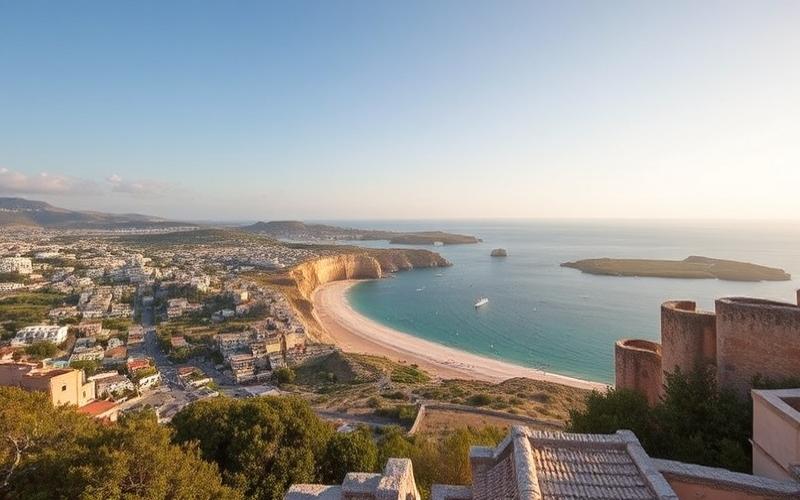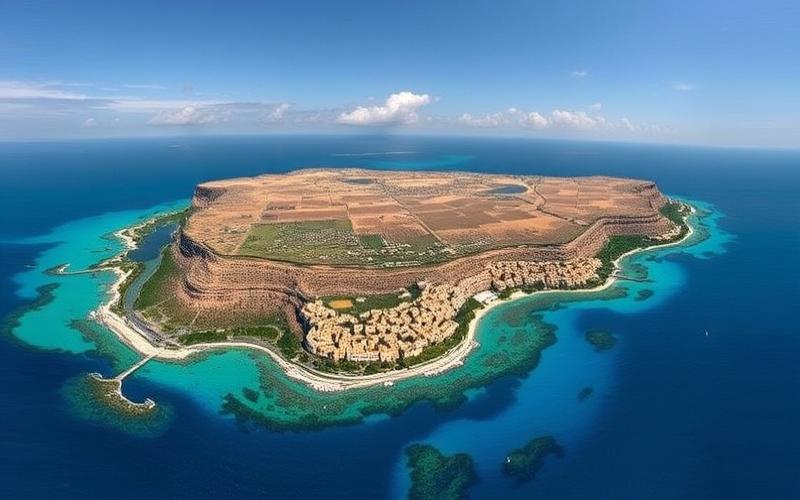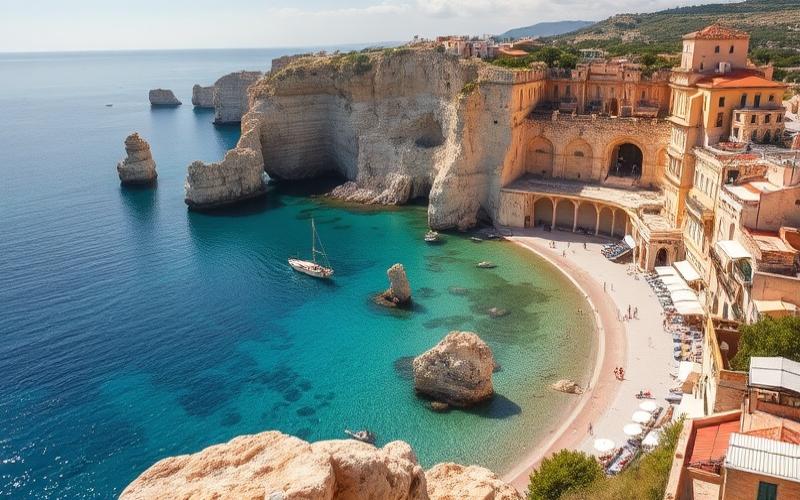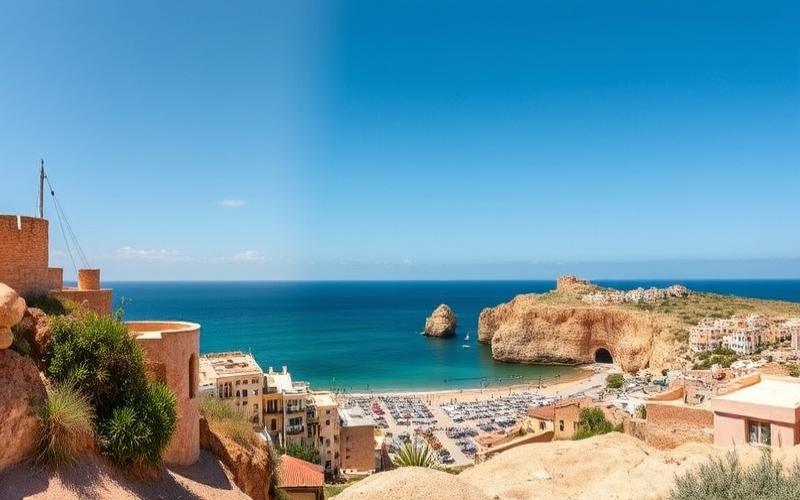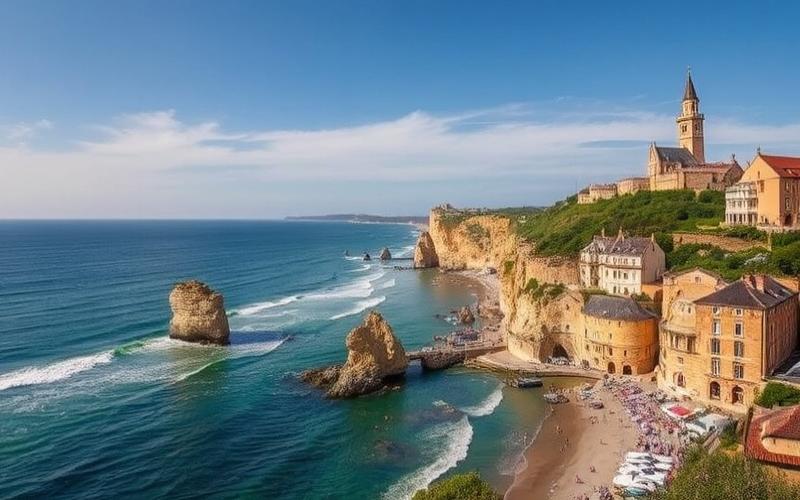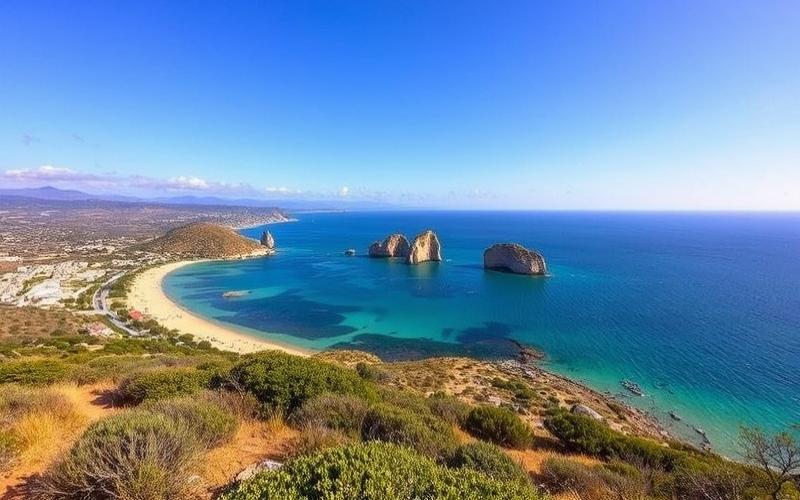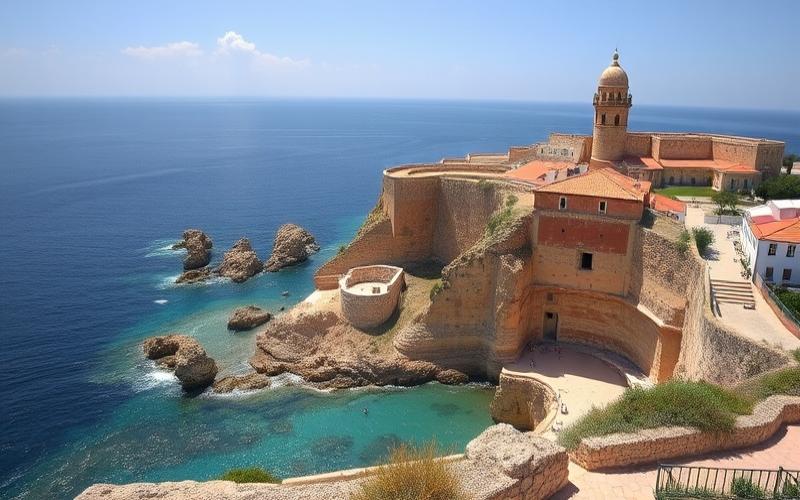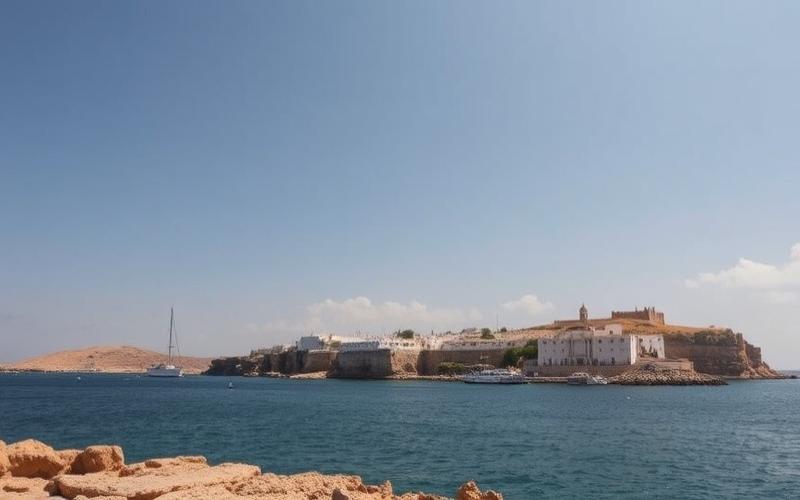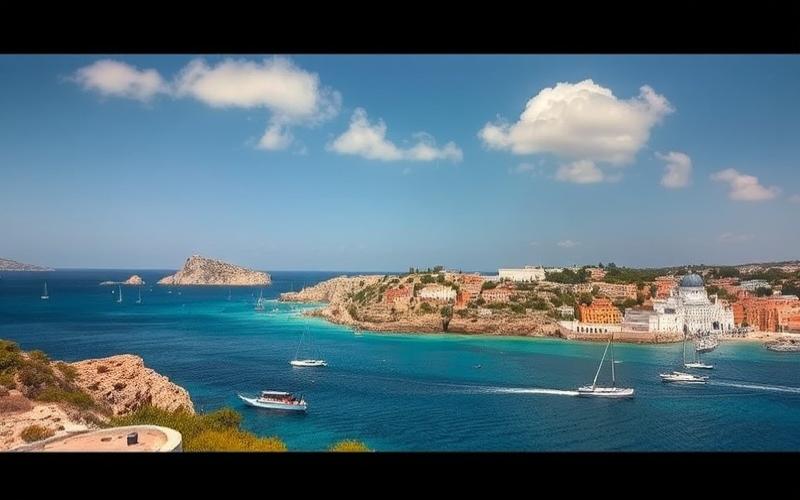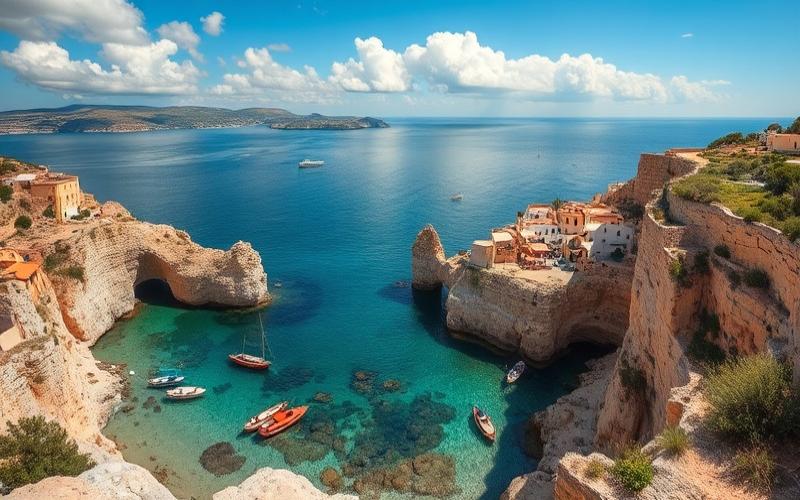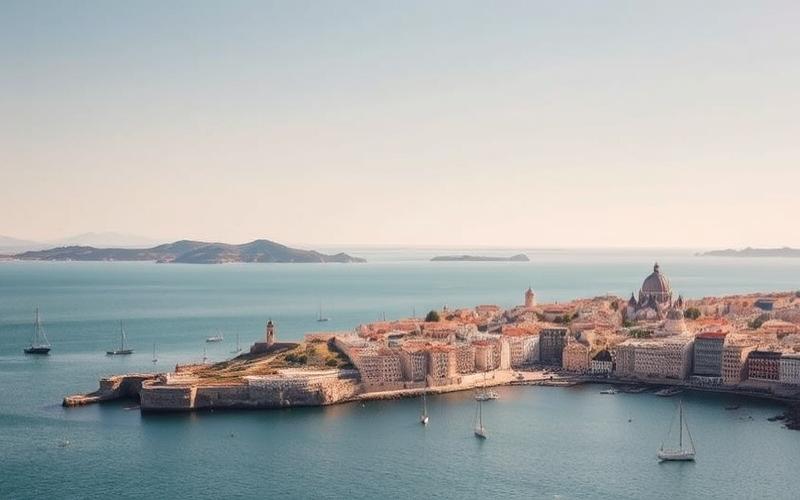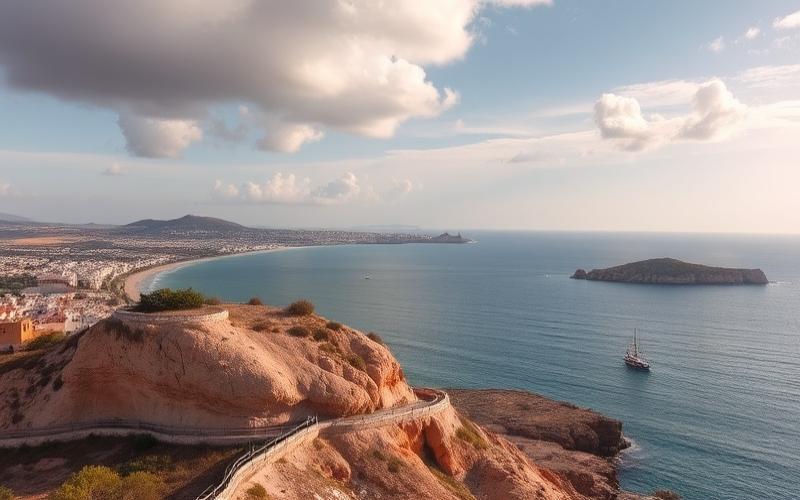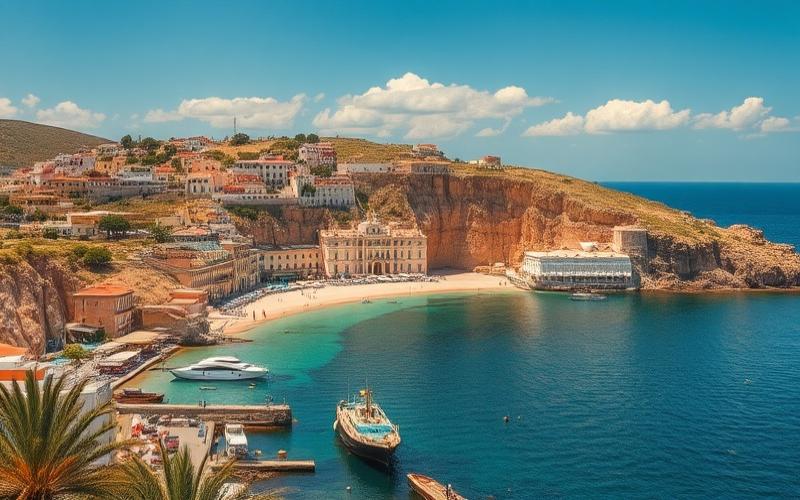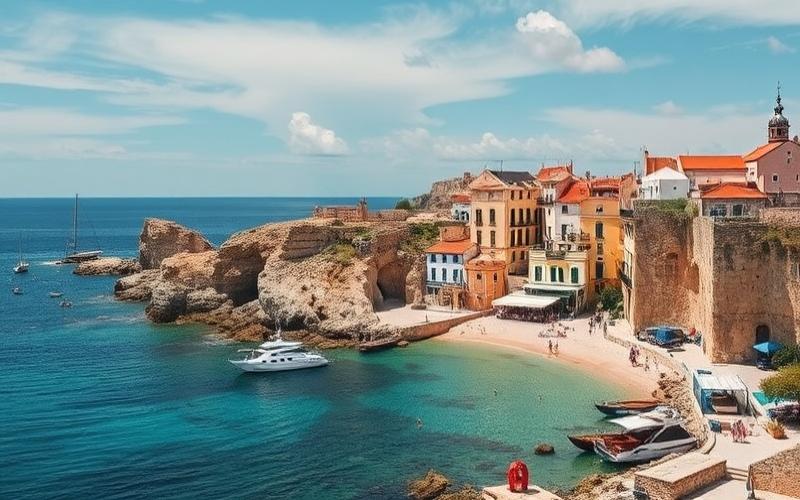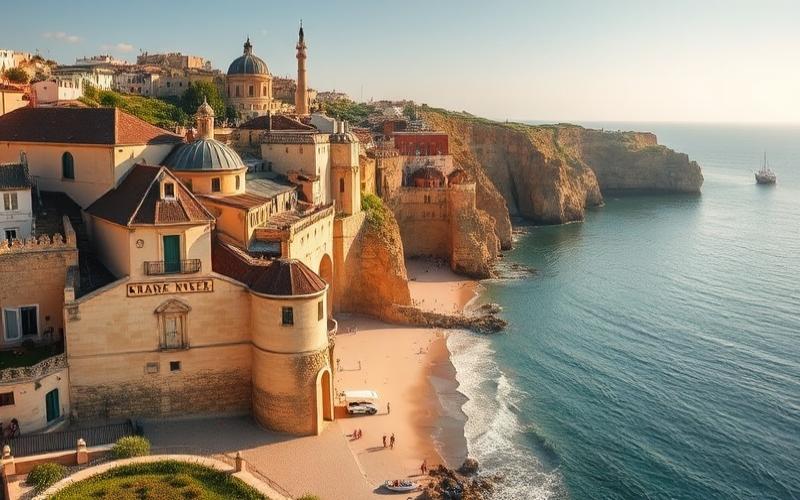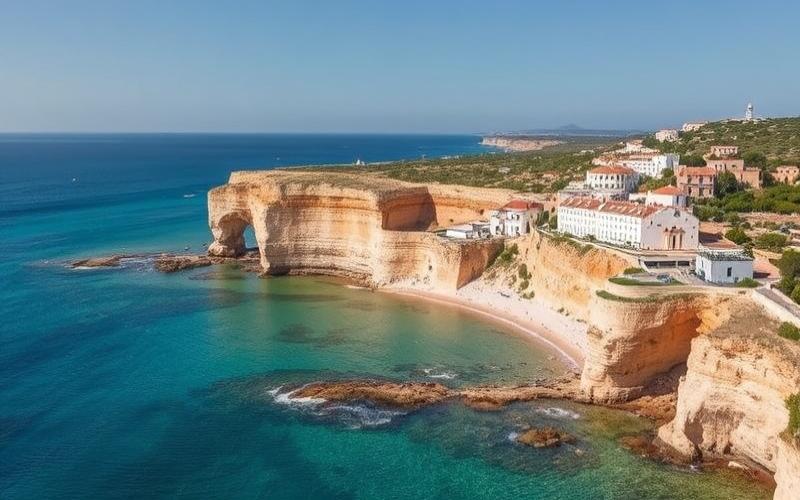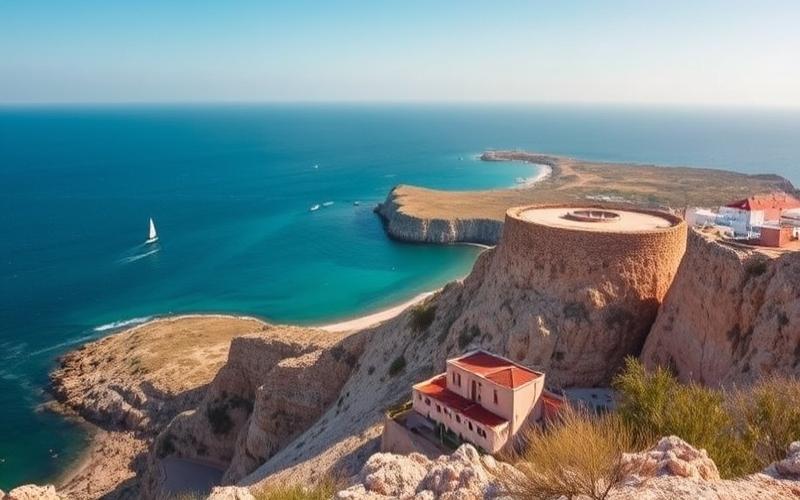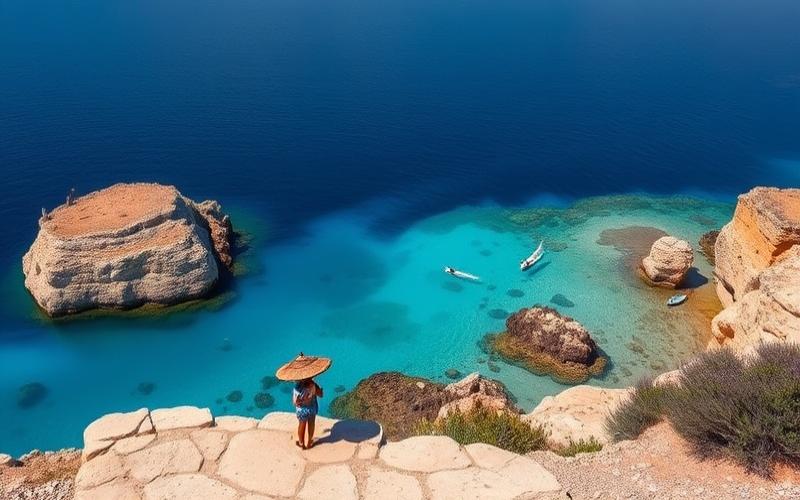
 Published on and written by Cyril Jarnias
Published on and written by Cyril Jarnias
Malta, a small Mediterranean archipelago situated between Sicily and Tunisia, is attracting an increasing number of expatriates drawn to its sunny climate, quality of life, and cosmopolitan atmosphere. But what is the actual cost of living for a foreigner settling there? Here’s a comprehensive overview of expected expenses and the budget needed to live comfortably in Malta.
Malta: A Generally Affordable Cost of Living
Good news for expatriates: the cost of living in Malta is generally more affordable than in France or other Western European countries. According to Numbeo data, the cost of living excluding rent is 13.24% lower than in France, while rents are on average 8.70% higher.
Grocery shopping is on average 21.88% cheaper in Malta than in France, representing significant savings on the monthly budget. Restaurants are also slightly less expensive, with a 1.54% difference compared to mainland France.
Some concrete price examples in Malta:
- A meal at an inexpensive restaurant: €15
- A fast-food combo meal: €10
- A local beer (50cl): €3.50
- A cappuccino: €2.41
- A liter of milk: €1.14
- A kilogram of apples: €2.68
- A bus ticket: €2
Housing: The Biggest Expense Category
As in most countries, housing represents the largest portion of expatriates’ budgets in Malta. Rents have increased significantly in recent years, particularly in sought-after areas like Sliema, St Julian’s, or Valletta.
For a one-bedroom apartment in the city center, expect to pay between €800 and €1200 per month. In the suburbs, prices drop to between €600 and €800. For a three-bedroom apartment, rents range from €1200 to €2000 depending on location.
It’s important to note that prices vary considerably by neighborhood. Sliema and St Julian’s are the most expensive areas, while the southern part of the island offers more affordable rents.
Transportation and Mobility: Budget-Friendly Options
The public transportation network in Malta is relatively developed and inexpensive. A bus ticket costs between €1.50 and €3 depending on the season, with unlimited transfers for two hours. A monthly pass costs €39, which is very advantageous for daily commuting.
For those who prefer having their own vehicle, it’s important to know that automobile-related costs are relatively high in Malta. Gasoline is more expensive than in France (approximately €1.3/L), and vehicle maintenance can be costly. Additionally, traffic is often heavy on the island, which can make car travel less practical than one might think.
Healthcare and Education: Quality Services at Moderate Cost
The Maltese healthcare system is renowned for its quality. Residents benefit from free care in public hospitals. For those who opt for private health insurance, costs range between €100 and €200 per month depending on the coverage chosen.
Regarding education, public schools are free for residents. For private international schools, annual tuition fees can range from €5000 to €15000 depending on the institution.
Leisure and Entertainment: Enjoying the Maltese Dolce Vita
Malta offers numerous leisure opportunities at reasonable prices. A movie ticket costs about €7, a meal for two at a mid-range restaurant comes to €70, and a beer at a local bar generally doesn’t exceed €4.
Outdoor activities, like going to the beach or hiking, are free and allow you to fully enjoy the Mediterranean climate. Museums and historical sites often offer advantageous rates, with entry fees around €10 per person.
Monthly Budget for an Expatriate in Malta: What to Expect?
The budget needed to live comfortably in Malta varies according to each person’s lifestyle, but here’s an estimate of monthly expenses for an expatriate:
- Rent (1-bedroom apartment in city center): €950
- Utilities (electricity, water, internet): €100
- Groceries: €400
- Transportation (monthly bus pass): €39
- Leisure and entertainment: €200
- Health insurance: €150
In total, a monthly budget of approximately €1800 to €2000 allows a single person to live comfortably in Malta. For a couple, expect between €2500 and €3000 per month. These amounts can of course vary depending on lifestyle and individual choices regarding housing and leisure activities.
Good to know:
The average salary in Malta is about €1300 net per month, which is lower than in France. It’s therefore important for expatriates to carefully assess their income relative to the local cost of living before settling.
Tips for Optimizing Your Expatriate Budget in Malta
To fully enjoy life in Malta while managing your budget, here are some tips:
- Choose less touristy neighborhoods for housing
- Use public transportation rather than buying a car
- Shop at local supermarkets rather than specialty food stores
- Take advantage of the many free activities offered by the island (beaches, hiking, cultural events)
- Opt for local health insurance rather than international coverage, often cheaper
In conclusion, Malta offers a pleasant living environment at a relatively affordable cost for expatriates, especially compared to other popular European destinations. With a well-planned budget and some tips to optimize expenses, it’s entirely possible to fully enjoy the Maltese dolce vita without breaking the bank.
Good to know:
Malta offers interesting tax advantages for certain types of expatriates, particularly retirees or digital professionals. Look into these schemes that can significantly reduce your tax burden.
Disclaimer: The information provided on this website is for informational purposes only and does not constitute financial, legal, or professional advice. We encourage you to consult qualified experts before making any investment, real estate, or expatriation decisions. Although we strive to maintain up-to-date and accurate information, we do not guarantee the completeness, accuracy, or timeliness of the proposed content. As investment and expatriation involve risks, we disclaim any liability for potential losses or damages arising from the use of this site. Your use of this site confirms your acceptance of these terms and your understanding of the associated risks.

